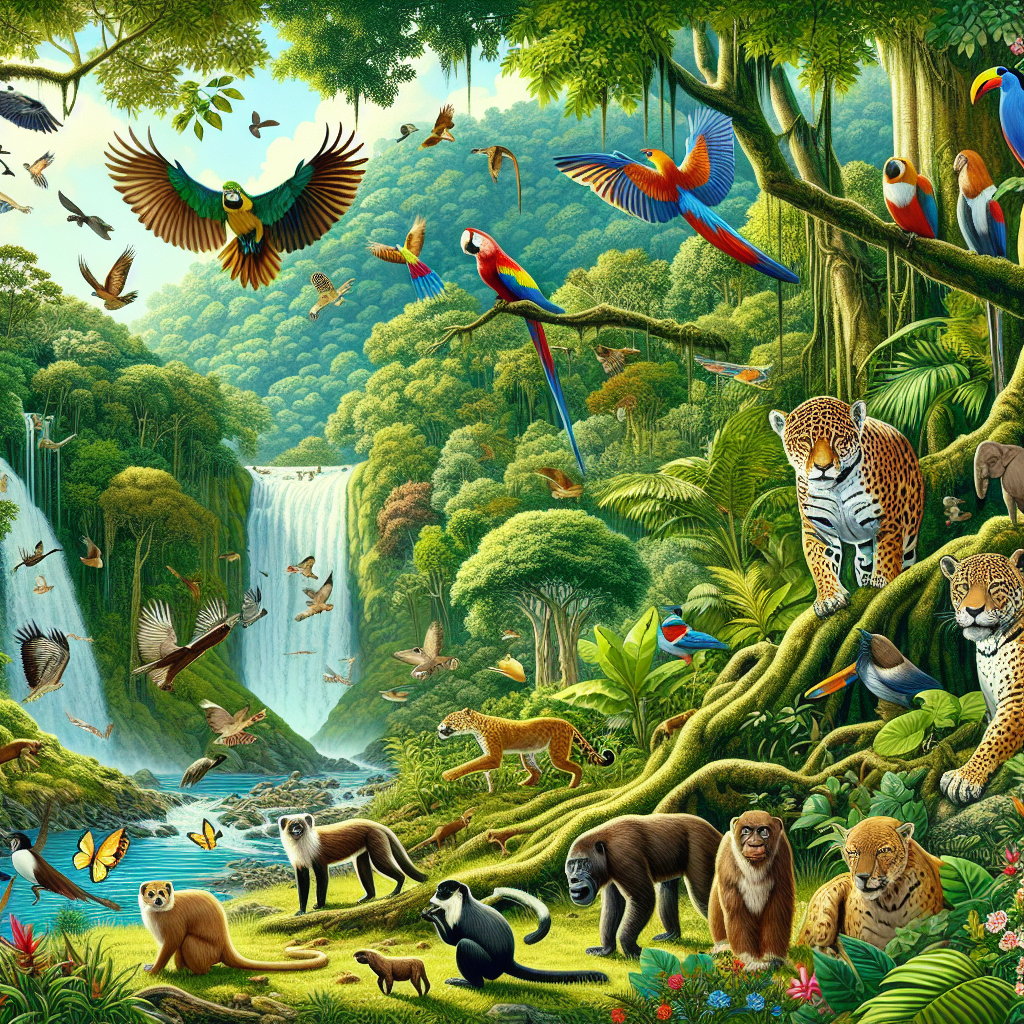Why Saving Our Wildlife is the Key to Unlocking a Healthier Planet

Every day, our planet faces a silent crisis that often goes unnoticed: the alarming decline of wildlife populations worldwide. According to a report by the World Wildlife Fund, wildlife populations have decreased by an average of 68% since 1970. This shocking statistic underlines a pressing truth: preserving our biodiversity is not just crucial for animals and plants; it’s essential for our own survival. As we navigate the complex web of nature, understanding the value of wildlife conservation becomes a matter of urgency for everyone.
The Importance of Biodiversity
Biodiversity is the variety of life on Earth, encompassing the diversity of species, genetic variations, and ecosystems. This richness is vital for several reasons. First, healthy ecosystems provide us with essential services such as clean air, pure water, and fertile soil, which directly influence our food security and health. Additionally, many medicines originate from plant and animal sources; protecting wildlife might just protect our next breakthrough in healthcare.
Threats to Wildlife
Despite its importance, wildlife faces enormous pressures from human activities. Habitat destruction, climate change, pollution, and poaching are just a few of the extensive threats pushing species to the brink of extinction. For instance, the destruction of the Amazon rainforest not only threatens countless species but also affects global carbon storage, leading to a worsening climate crisis. The extinction of a single species can disrupt ecosystems, leading to a domino effect that impacts other species—sometimes even us.
What Can We Do?
The good news is that everyone can contribute to conservation efforts, regardless of where they live. Here are a few actionable steps:
- Educate Yourself and Others: Understanding local wildlife and ecosystems is the first step. Share this knowledge; it empowers communities to support conservation initiatives.
- Support Sustainable Practices: Whether it’s choosing sustainable seafood, reducing plastic use, or supporting eco-friendly businesses, consumers play a key role in creating environmental demand.
- Get Involved: Volunteer with local conservation groups or participate in wildlife monitoring programs. These efforts directly contribute to protecting endangered species and habitats.
Conclusion: A Collective Responsibility
Wildlife conservation is not solely the responsibility of conservationists; it requires support from every individual. By recognizing our interconnectedness with nature and taking small, meaningful actions, we can significantly impact the health of our planet. Every effort counts, and together, we can help ensure a rich and vibrant world for generations to come. Let’s make wildlife conservation a priority and unlock a healthier future for ourselves and the planet.